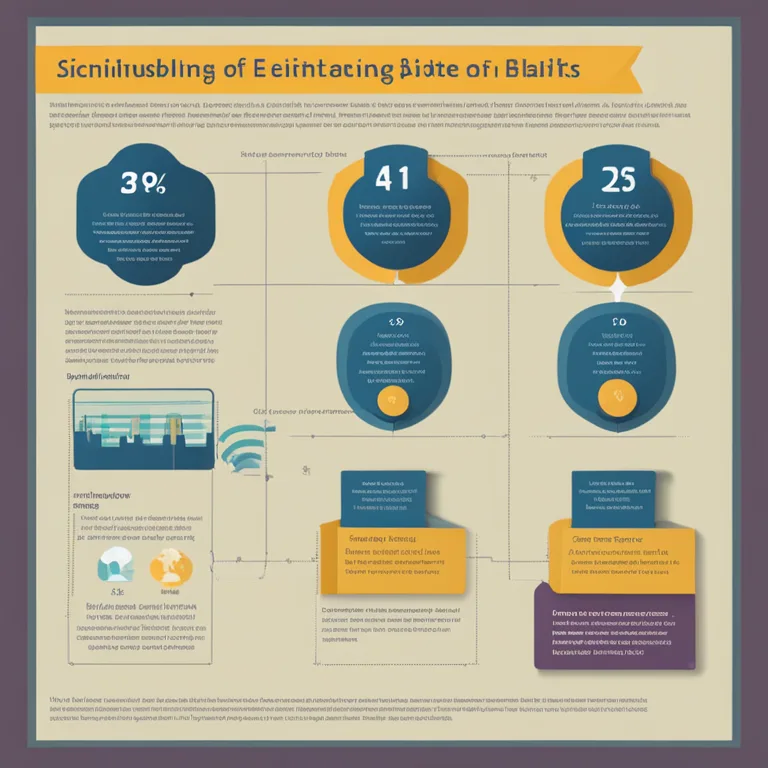
Mindful Meditation & Overeating
Discover how mindfulness meditation can help manage overeating by fostering a connection between mind and body, leading to healthier eating habits.
article by Hina Kurosawa
The Plight of Overeating in Modern Times
In today's rapidly shifting world, where fast food and technology-induced distraction are the norms, overeating has emerged as a significant problem. This condition goes beyond the occasional indulgence, evolving into a chronic behavior for many, leading to health complications and emotional distress. The year 2024 stands witness to increased awareness around the physical and psychological repercussions of overeating, catalyzing a search for sustainable solutions. Among these, mindfulness meditation has been gaining traction as an effective tool for addressing the roots of overeating and promoting a healthier relationship with food.

Mindfulness Meditation: A Gentle Approach
Mindfulness meditation, a practice with its roots in ancient traditions, has found new relevancy in our modern fight against overeating. At its core, mindfulness involves being fully present and engaged with the here and now, offering a moment-by-moment awareness without judgment. This technique, fascinatingly, can transform one's eating habits by enhancing the cognizance of physical hunger and satiety cues, reducing the impulsive behaviors that lead to unnecessary snacking and excess calorie intake.

Connecting Mind, Body, and Meal
The practice of mindfulness meditation fosters a deep connection between the mind and body. When applied to eating, this heightened awareness can lead to what is known as 'mindful eating.' This approach encourages individuals to savor their meals, chew slowly, and recognize the subtle signals that indicate fullness, thus preventing overeating. It empowers one to recognize emotional triggers that often lead to eating when not truly hungry — a common cause of overeating.

Scientific Backing of Mindfulness for Eating Habits
Research conducted in the period leading up to 2024 has shown promising evidence that mindfulness meditation can aid in reducing binge eating and emotional eating. Studies have highlighted its role in decreasing the prevalence of weight gain and in promoting better food choices. Mindfulness training also contributes to stress reduction, which is critical since stress is a well-known trigger for overeating and weight gain.

How to Begin Mindfulness Meditation
For beginners, the journey into mindfulness meditation can start with just a few minutes a day. Sitting quietly, focusing on the breath, and observing thoughts without engaging can establish a foundation for mindfulness. Gradually incorporating mindful eating habits, such as turning off screens during meals and eating in silence, can further enhance the practice's effectiveness against overeating.
Incorporating Mindfulness into Daily Routines
Adopting a mindful approach to eating doesn't require an overhaul of one's lifestyle. Simple practices like keeping a food journal, engaging in regular meditation sessions, and performing breathing exercises before meals can organically integrate mindfulness into daily routines. This sustainable approach is more about making small, consistent changes rather than striving for a dramatic transformation overnight.
Conclusion: A Path to Lasting Change
Mindfulness meditation provides a compassionate and sustainable path to addressing overeating. As we journey further into 2024 and beyond, embracing this practice may not only reshape our eating habits but can also lead to an enhanced sense of overall well-being. Adopting mindfulness is about building a lasting and harmonious relationship with food, one breath, and one bite at a time.
Published: 1/8/2024
Modified: 1/8/2024
More predictions
Come back here soon to learn more about yourself and your future


Meditation's Impact on the Limbic System
Explore how meditation can positively influence your emotional and neurological well-being through its effects on the limbic system.


The Harmony of Mindful Breathing in Meditation
Delve into the symbiotic relationship between meditation, mindfulness, and breathwork to achieve inner peace and clarity.


Harmonize Your Spirit: Energy Meditation Techniques
Discover the serene world of energy meditation to harmonize the spirit, balance the chakras, and foster inner peace in our modern lives.